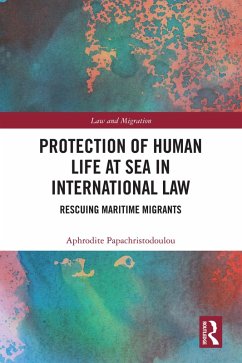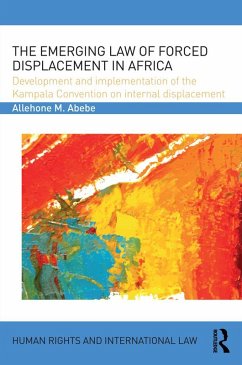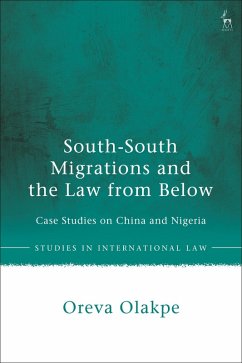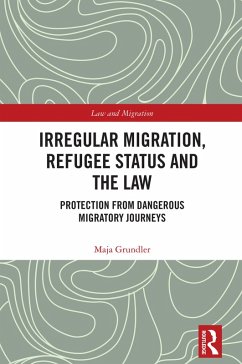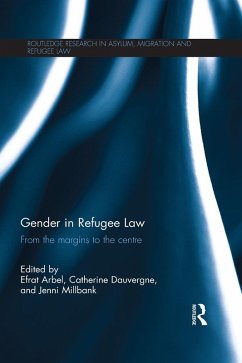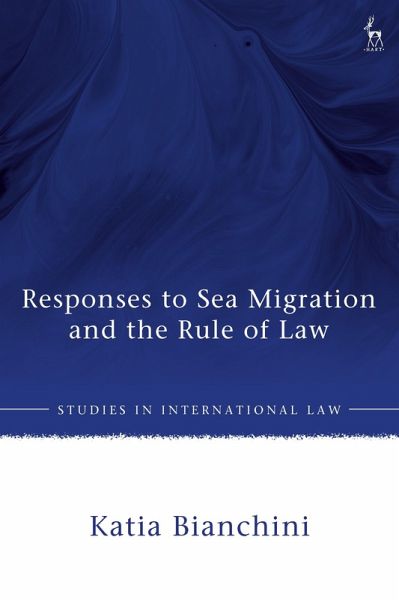
Responses to Sea Migration and the Rule of Law (eBook, ePUB)
Versandkostenfrei!
Sofort per Download lieferbar
70,95 €
inkl. MwSt.
Weitere Ausgaben:

PAYBACK Punkte
35 °P sammeln!
In the current debates on sea migration there is a dearth of works drawing on the rule of law. This important book addresses this failing. Considering the question from that conceptual framework, it is able to broaden the sometimes fragmented and incomplete perspective of existing scholarship. The book takes as its central case study the experience of Italy, exploring the legal issues at play there and its institutional practices and policies. From here its focus broadens out to the wider EU experience, looking in particular at those problems common to southern EU states, such as failures and ...
In the current debates on sea migration there is a dearth of works drawing on the rule of law. This important book addresses this failing. Considering the question from that conceptual framework, it is able to broaden the sometimes fragmented and incomplete perspective of existing scholarship. The book takes as its central case study the experience of Italy, exploring the legal issues at play there and its institutional practices and policies. From here its focus broadens out to the wider EU experience, looking in particular at those problems common to southern EU states, such as failures and delays in assisting migrants in distress at sea and contested legal grounds and practices concerning interceptions at sea. It combines both legal and empirical data, charting both the black letter law and how it operates in practice. In a field as complex as this, this clarity is key; it allows lawyers, political scientists and policymakers to truly engage with the challenges sea migration poses today.






